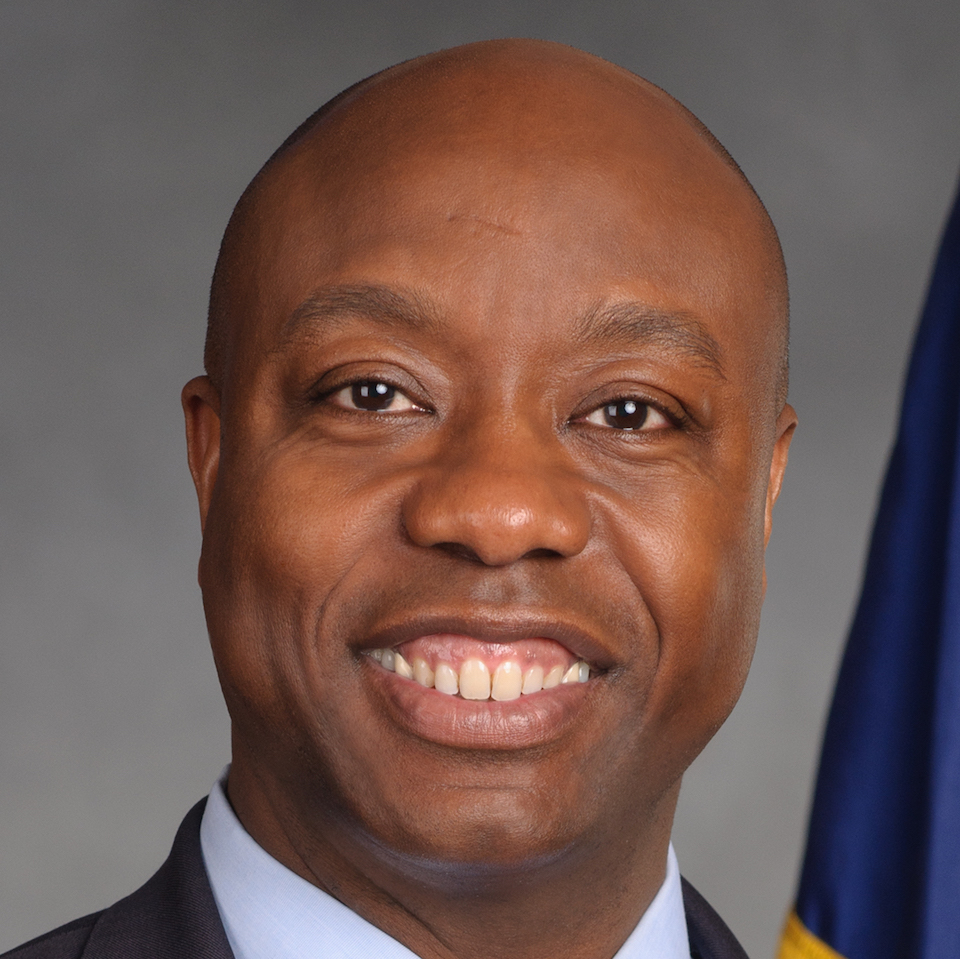A bipartisan group of U.S. senators recently introduced the HBCU Africa Partnerships Act to encourage the growth of research partnerships between historically Black colleges and universities and federal agencies with the aim to advance development in sub-Saharan Africa.
If enacted, the HBCU Africa Partnerships Act will:
- Expand partnerships and student exchange programs at HBCUs to build up the capacity and expertise of students, scholars, and experts from sub-Saharan Africa in key development areas, including food systems, agriculture, nutrition and farming, democracy, and public health.
- Authorize the State Department to establish a short-term exchange program for African students, scholars, and experts to spend a semester or academic year at an HBCU.
- Direct the State Department to develop and increase educational grant opportunities, agency partnerships, and outreach and communications at HBCUs.

“Malign actors like China continue to expand their influence across sub-Saharan Africa, jeopardizing America’s national security interests and exploiting African communities,” said Senator Tim Scott, a Republican from South Carolina. “Our HBCUs are producing top-tier researchers and academics who are working to find solutions to global challenges. Encouraging greater collaboration between HBCUs and African partners will strengthen our relationships and combat authoritarian influence, while helping to fortify the foundations that enable free-market economies to flourish.”
“HBCUs are a vital asset to our higher education system and our country overall,” added Senator Tim Kaine, a Democrat from Virginia. “These institutions and the talent they attract can play an important role in America’s efforts to partner with other countries around the world. This legislation would help us build the relationships between our HBCUs and federal agencies, like the State Department and the U.S. Agency for International Development, that we need to help make happen, and to strengthen America’s partnerships in sub-Saharan Africa and beyond.”

